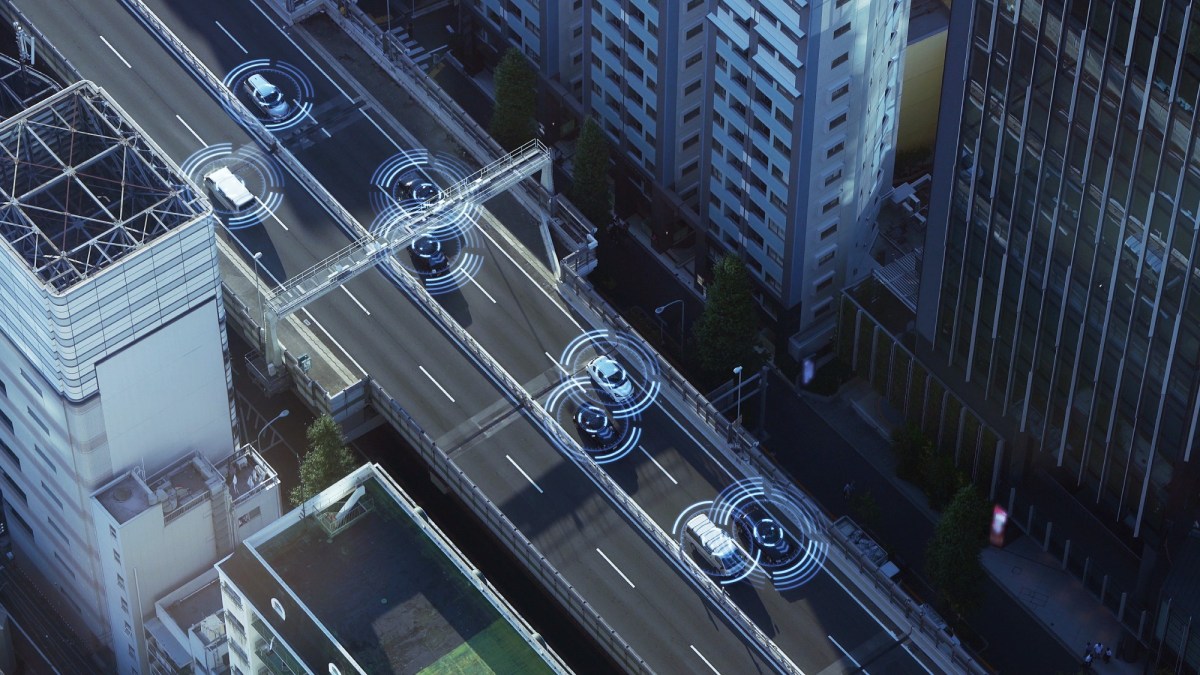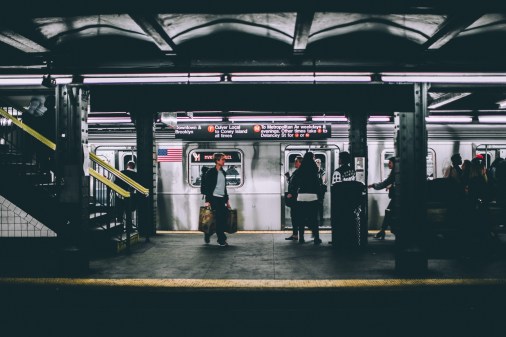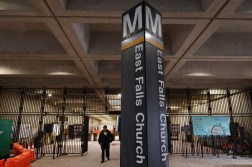From ‘smart mobility hubs’ to crowdsourcing traffic data, Columbus tests new transportation tech

A regional public-private partnership in Columbus, Ohio, is sponsoring three transportation pilots to improve traffic safety and efficiency throughout central Ohio, Mayor Andrew Ginther announced on Tuesday.
A portion of the $40 million that Columbus was awarded for winning a 2016 Smart City Challenge from the U.S. Department of Transportation will fund the projects, which will run through March 2021. Each pilot focuses on a different aspect of mobility, including helping residents get to and from bus stations, reducing congestion with real-time traffic alerts and helping residents who can’t travel access basic resources like groceries.
All three will be assisted by Smart Columbus, a regional partnership between the City of Columbus and Columbus Partnership, a regional business coalition, that has helped the region expand mobility efforts with electric vehicle and micro-transit initiatives.
“Columbus won the Smart City Challenge because we had the vision and ambition to try new mobility technologies in a neighborhood to address the daily challenges residents face,” Ginther said in a press release. “Today, that vision comes to life. These mobility pilots in Linden will bring food to neighbors in need, connect residents to reliable and affordable mobility options, and help vehicles travel through the neighborhood more safely.”
Throughout Linden, a neighborhood in Columbus with the city’s highest homicide rate, the city will place “smart mobility hubs” that group different kinds of transit options and infrastructure, like electric-vehicle chargers, scooters, bicycles and car-sharing services.
The hubs are dedicated to providing the first- and last-mile transit that are unserved by the city’s bus system. They’ll also provide free Wi-Fi through an interactive digital kiosk from IKE Smart City, a Columbus-based technology company. The city says the kiosks will display public service announcements, emergency call buttons and trip-planning and tourism information, similar to kiosks found in New York and Chicago.
Another project will ask residents to volunteer their personal vehicles to become data-tracking devices for the benefit of local transportation officials, who want to know where and how often traffic and accidents occur. The organization will pay 500 volunteers up to $315 to allow their vehicles to become data-collecting vehicles for seven months, while the city will install the same devices on its fire and police vehicles and buses. The city will also seek to train 10 residents to become “connected vehicle technicians in-training” to install the technology on city-owned and private vehicles, according to the release.
“Advanced vehicle technology like connectivity is increasingly becoming standard on new vehicles,” Shayla Favor, a Columbus City Council member, said in the press release. “Through this study, we hope to not only keep drivers safer on our streets, but also create an immersive training experience that will help our local auto shops and technicians learn the ins and outs of this new technology with future applications in our cars and on our roadways.”
The city is also planning to repurpose a self-driving, electric shuttle to deliver groceries to Linden residents daily in an effort to meet the needs of people who’ve lost their jobs or transportation because of the coronavirus pandemic. Data from of each of the pilots will be published next year. City officials said the data will be free of personally identifiable information and will be used to inform further mobility initiatives.






